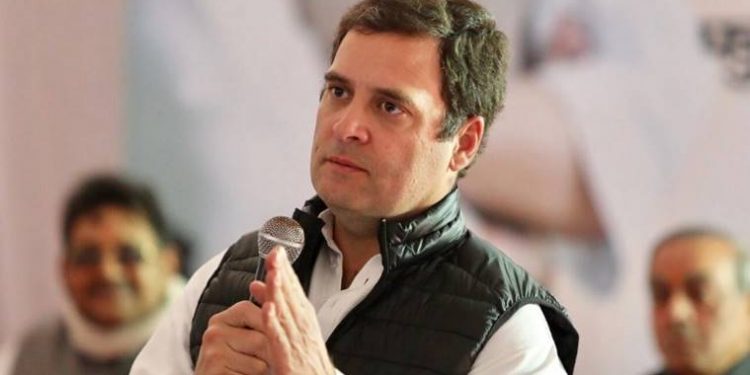New Delhi: India’s main opposition Congress Party is promising to introduce a minimum income guarantee for the poor if it wins power in an election due by May, alarming some big and small business leaders who are asking: Where will the money come from?
The programme – which would be one of the world’s biggest schemes for poor households, supporting around 300 million people – is yet to be finalised.
But already some business organisations say they fear the tens of billions of dollars it would be expected to cost will mean higher taxes and reduced spending on badly needed infrastructure such as roads and railways. “We are against such freebies,” said Pronab Sarkar, head of a tour company in Delhi and the president of the Indian Association of Tour Operators. “These could be funded only through higher taxes on industry and the middle class.”
Congress says much of the cost of the guaranteed income scheme could come from savings made by cracking down on tax evasion and ensuring existing subsidies on staples such as food and fuel went only to those who qualified.
A senior Congress official, however, speaking on condition of anonymity, told Reuters the party might also consider raising tax rates for the rich to pay for its plan.
“Eventually, it boils to transferring the resources to some extent from the rich to the poor people,” the official said.
Until a few months ago, the grip of pro-business Bharatiya Janata Party (BJP) on power seemed unassailable. But a series of defeats for the BJP in state elections at the end of last year, and some opinion polls suggesting its support has waned, have raised prospects that Congress could take power in alliance with regional parties and those based on specific groups, such as the lower caste Dalits.
That has meant the minimum income plan outlined by Congress leader Rahul Gandhi this week – which would be in addition to current welfare programs – is being taken seriously by business groups.
Modi Disappoints
As the BJP’s fortunes have waned, disillusionment with Modi’s government had been growing among some industrialists, who were stung by a sudden ban on high-denomination banknotes in 2016 and the chaotic 2017 launch of a national sales tax.
As the party seeks to win back voters concerned about low farm incomes and the pace of job creation, Modi’s promise three years ago to cut the corporate tax rate to 25 per cent, from 30 per cent, has been shelved for now.






































